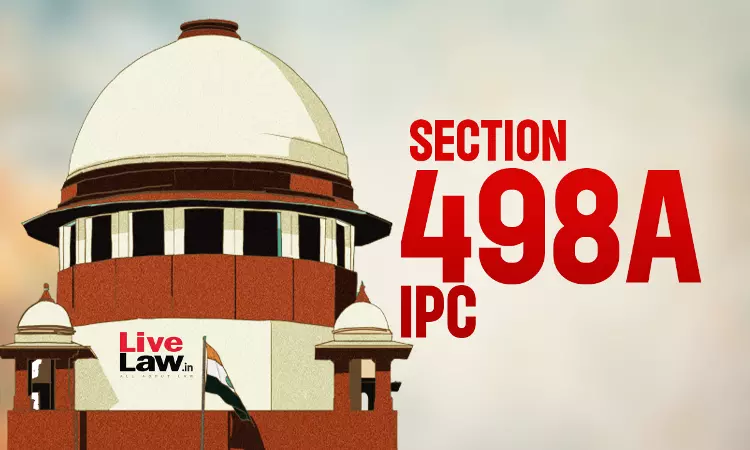Supreme Court Rejects Plea That S.498A IPC/S.85 BNS Violates Article 14, Says Allegations Of Misuse Vague
Debby Jain
15 April 2025 12:13 PM IST

Next Story
15 April 2025 12:13 PM IST
The Supreme Court today dismissed a public interest litigation seeking inter-alia balanced protection for all parties in matrimonial cases, mandatory preliminary investigation before filing of S.498A IPC/domestic violence cases and legal protection against false complaints.A bench of Justices Surya Kant and N Kotiswar Singh heard the matter.Dismissing the PIL, the bench observed that it saw...
